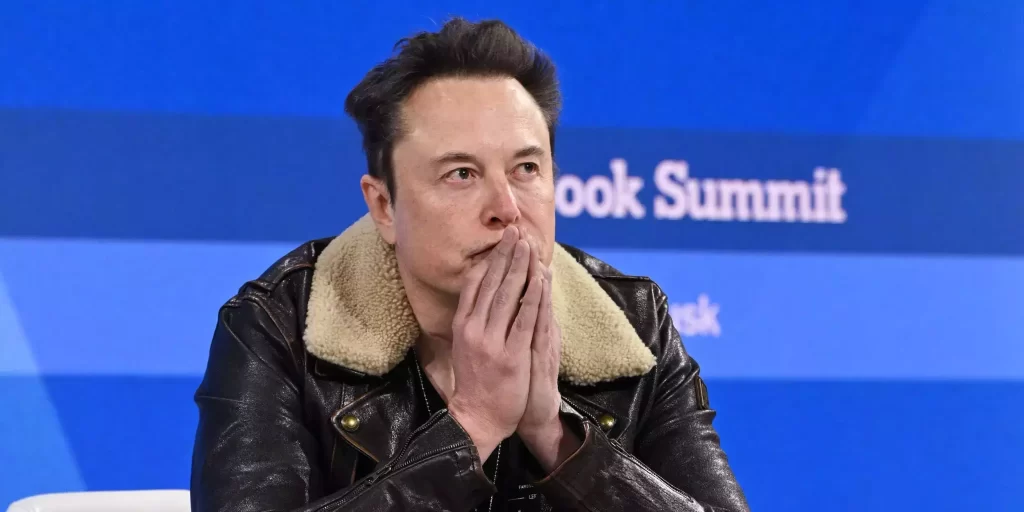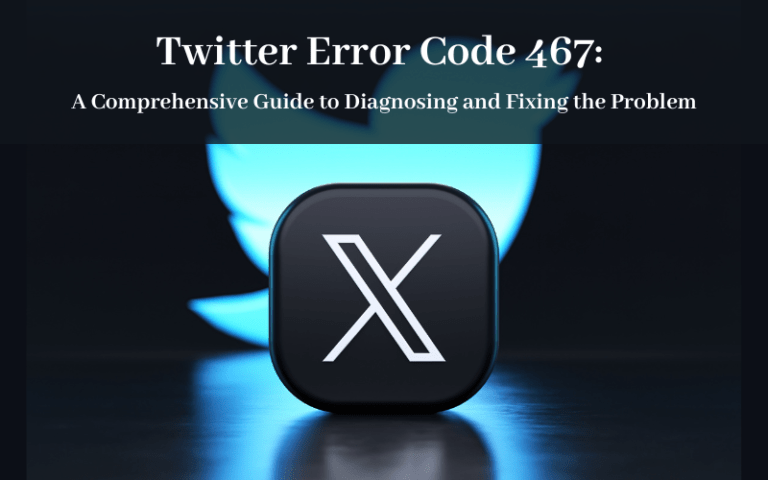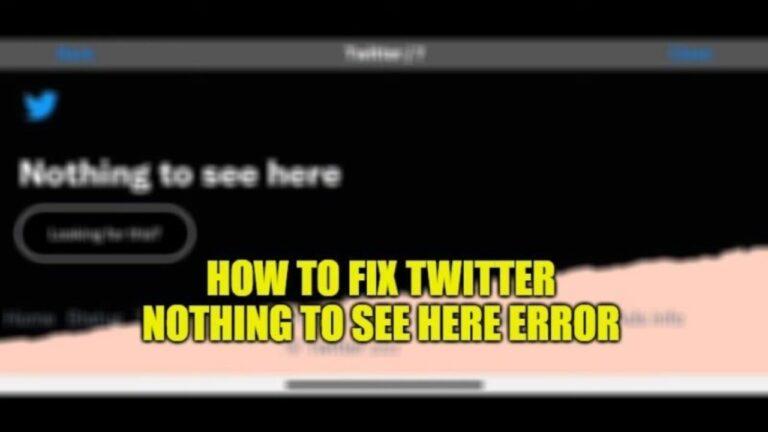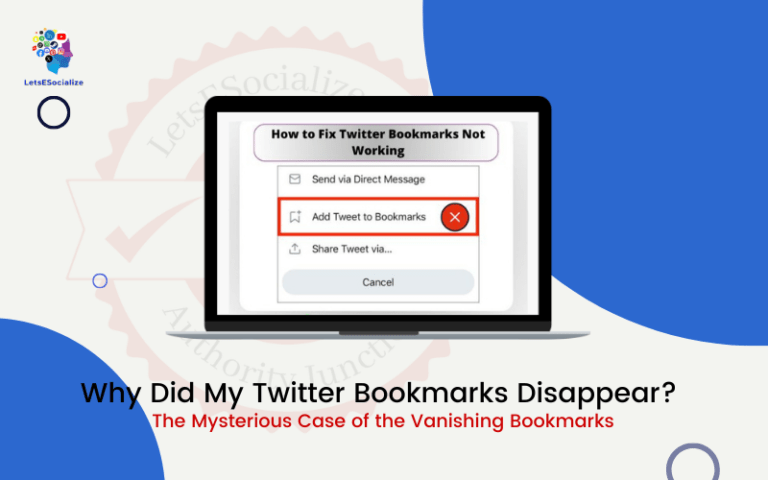Twitter, long chastised for being a platform overrun by disinformation and illegal content, is now facing its first official European Union government inquiry into its handling of posts related to Israel’s war with Hamas.
The move comes after Twitter responded to the EU’s new Digital Services Act (DSA) with a content moderation report from September, a transparency report from November, and “a formal request for information about illegal content in connection with Hamas’ attacks on Israel,” according to Reuters. To date, Twitter is the only major platform targeted by the act.
Firms that violate the DSA may face fines of up to 6% of their global turnover. According to various reports, Twitter’s revenue in 2022 will be in the range of $4.4 to $5.22 billion.
The EU commission’s action is just the latest chapter in a long-running feud between Twitter and its owner, Elon Musk.
In a brief statement, EU Industry Commissioner Thierry Breton revealed the scope of the investigation.
“Today we open formal infringement proceedings,” he wrote on the relevant social media platform. The charges include a suspected breach of anti-illegal content and disinformation obligations, a suspected breach of transparency obligations, and a suspected Deceptive User Interface Design.
Musk has spoken out against the EU’s allegations about the platform’s moderation strategies.
“Are you taking any action against other social media platforms?” Because if you have issues with this platform, and none of them are perfect, the others are much worse,” he wrote in response to Breton’s post.
Also read: Elon Musk boosts Pizzagate conspiracy theory that led to D.C. gunfire
Are you taking any action against other social media platforms?
Because if you have problems with this platform, and no platform is perfect, the others are far worse.
Since Musk’s takeover, there have been significant changes in how Twitter operates and functions as a business. These changes include a shift in its overall political bias and the reinstatement of banned accounts (and thus the loss of millions in advertisements, which he claims isn’t a big deal).
These changes have sparked discussions about the platform’s new direction, particularly regarding disinformation and the balance between open discourse and responsible content management.
The ‘Community Notes’ feature is central to the investigation. It was introduced earlier this year and allows users to flag misleading content, essentially crowd-sourcing fact-checking. However, it has been criticized as an ineffective way to fact-check content shared on Twitter and an insufficient commitment to responsible information.
Also read: Twitter Community Notes: Reinventing Local Connections
“We only intervene if content violates our rules to help enable free expression and conversations,” Twitter stated in an official post. “Otherwise, we lean on providing you with additional context.”

According to the company, misleading information “is identified through a combination of human review and technology, as well as partnerships with global third-party experts.”
In a previous letter sent shortly after the October 7 attacks, new CEO Linda Yaccarino addressed these concerns, saying the platform deleted thousands of tweets and continues to “respond promptly to law enforcement requests from around the world, including EU member states.”
Yaccarino also emphasized the importance of community notes in the fight against disinformation.
The feature, however, has proven to be a double-edged sword. Due to exposed false claims, community notes have previously resulted in the deletion of posts from high-profile political accounts, including those of the Israeli government and the White House.
The European Union’s tough regulatory stance on electronic media is spreading to cover a wide range of electronic interactions, from privacy and social media to artificial intelligence and fair use.
The European Commission’s recent media policy agreement, the European Media Freedom Act (EMFA), emphasizes the EU’s emphasis on media integrity even more. The EMFA, which was announced earlier this month, aims to protect editorial independence, ensure media pluralism, and promote transparency throughout the EU.
The EMFA’s objectives are supplemented by measures to protect journalists, ensure transparent media ownership, and set standards for public service media.
In a digital-age twist, Twitter, a platform that prides itself on open discourse, is now at the center of a debate about the very principles it promotes.







